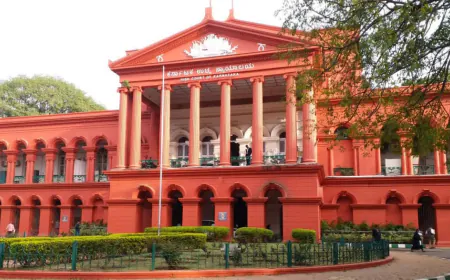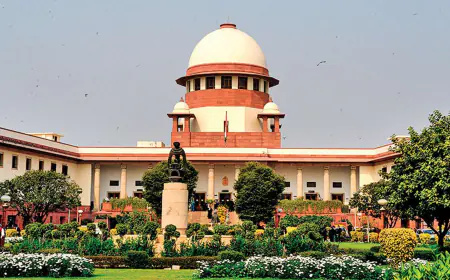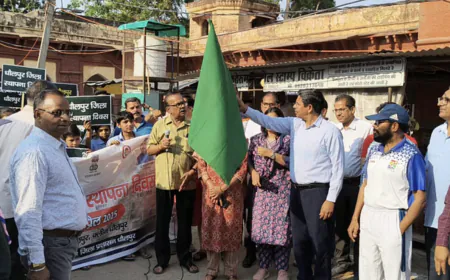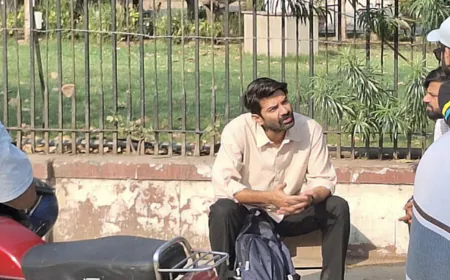Section 8(3) of the Representation of the People Act challenged in the Supreme Court
Section 8(3) of the Representation of the People Act challenged in the Supreme Court: Rahul's Parliament membership was dissolved under this; Said in the petition – it is against democracy

Section 8(3) of the Representatives of the People Act, 1951 has been challenged in the Supreme Court after Congress leader Rahul Gandhi was disqualified from Parliament in a defamation case. Under this section, if a public representative is convicted in any case and gets a sentence of at least two years, then his membership in Parliament automatically ends.
It has been said in this petition that it is against natural justice to terminate the membership of the people's representative without seeing the nature of the crime and how serious it is. This PIL has been filed by Ph.D. scholar and social activist Abha Muraleedharan.
The petition states that Section 8 (3) of the Representation of the People Act, 1951 is beyond the purview of the Constitution of India as it is completely inconsistent with Sections 8 (1), 8A, 9, 9A, 10, 10A and 11 of the same Act. It's the opposite. According to the petition, Section 8(3) prevents a Member of Parliament from discharging the duties which the people of the constituency have elected him to perform. It is against the principle of democracy.
It has been said in the petition that different types of offences have been kept in different categories in section 8 (1) of this Act to dissolve the membership of an MP. But, Section 8(3) terminates the membership of the Parliament only on the basis of conviction and punishment of the MP.
Both these provisions are contradictory and section 8(3) does not make it clear as to what is the process behind disqualifying an MP. The petition stated that the intention of the legislature while enacting this law was to disqualify those MPs who have committed serious and heinous crimes and have been punished for the same.
The petition states that under the Code for Criminal Procedure (CrPC), 1973, depending on the nature and seriousness of the offence, it is classified as a cognizable or non-cognizable offence and a bailable or non-bailable offence.
According to this law, if the membership of an MP is to be disqualified, the nature of the offence under CrPC as well as the grounds for disqualification should be clarified, and not in a collective manner.
For Latest News update Subscribe to Sangri Today's Broadcast channels on Google News | Telegram | WhatsApp




































.jpeg)










































































.jpeg)














